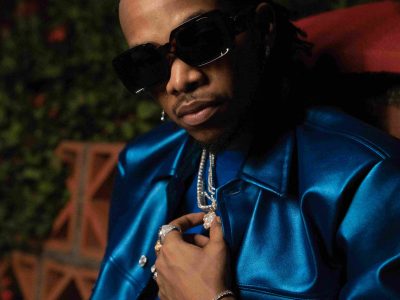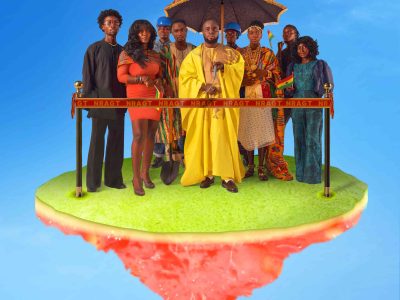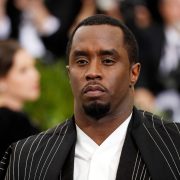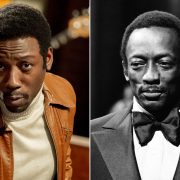Jamaica is on track to remove King Charles III as its head of state by 2025, according to the nation’s state foreign minister. Alando Terrelonge, a member of parliament and state minister, stated that Jamaica is gearing towards becoming a republic after more than 350 years of colonial rule. This historic move signifies a step towards true liberation while honoring the African ancestors who were trafficked, brutalized, and enslaved by Britain for centuries.
The transition to a republic means that the former British colony will be “truly liberated,” as Terrelonge emphasized in an exclusive interview. He noted, “We remain hopeful that by 2025 we would have completed those reforms and removed the British monarch as the head of our democracy,” while acknowledging that the real power resides with the government and the people of Jamaica.
Charles is currently the king of Jamaica, and a British monarch has ruled the country since imperialists colonized it in 1655. However, in 2022, Prime Minister Andrew Holness announced intentions for Jamaica to become a republic during a royal tour by the Prince and Princess of Wales. The aim is to complete this process by the next general election in 2025, a goal supported by successive governments in Jamaica since the 1970s.
Terrelonge highlighted the importance of this change, saying, “With having a Jamaican head of state, every single young king and young queen in Jamaica can aspire to one day be the head of state of their own country, and we’ll no longer have to, figuratively or not, pay respect or swear allegiance to a foreign monarch.”
To achieve republic status, Jamaica must pass the Constitution of Jamaica Bill in both houses of parliament with a two-thirds majority vote. This would be followed by a referendum on whether Jamaica should become a republic, requiring approval by the majority of registered voters. Last year, Prime Minister Holness appointed 14 members to a Constitutional Reform Committee to discuss the necessary steps, including the selection of a president to replace the British monarch. However, the committee has faced criticism for reportedly excluding anti-monarchists and representatives from the LGBT+ community and for lacking diversity.
Various Jamaican government representatives have reaffirmed the nation’s commitment to ditching the monarchy. Legal and Constitutional Affairs Minister Marlene Malahoo Forte has pointed to Britain’s poor track record on racism, failure to apologize for slavery, and the Windrush scandal as reasons for Jamaica’s push to become a republic.
Meanwhile, Jamaica continues to lobby the British government to scrap visa restrictions for its citizens, who are currently the only ones in a country with King Charles III as head of state subject to such demands. This issue was discussed during a visit by British MPs to Jamaica in November, aimed at strengthening bilateral ties. Terrelonge revealed that visa restrictions remain a significant concern and suggested that Britain should begin by lifting travel restrictions on Jamaican creatives, business owners, and members of government.
“When I travel for work, I still need a visa to come to the United Kingdom even though I travel on a diplomatic passport,” Terrelonge explained. This sanction was introduced in 2003, and UK government data shows a significant number of refusals of visitor visa applications from Jamaica.

















